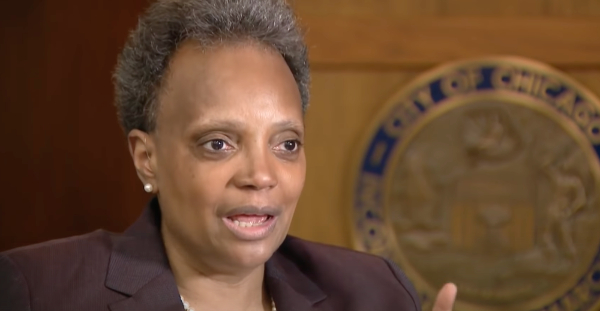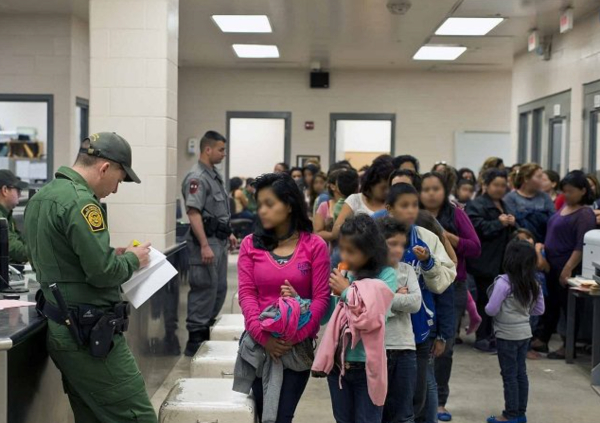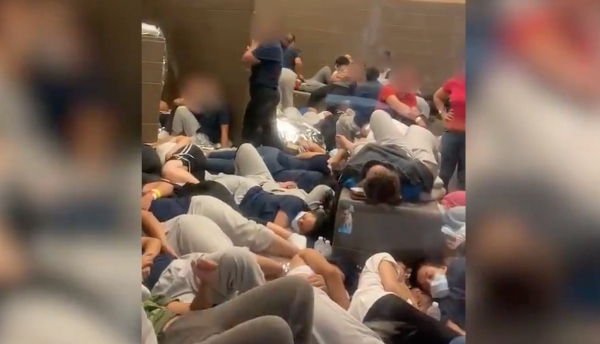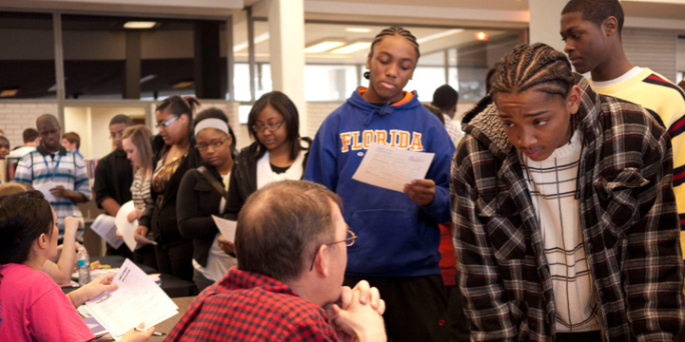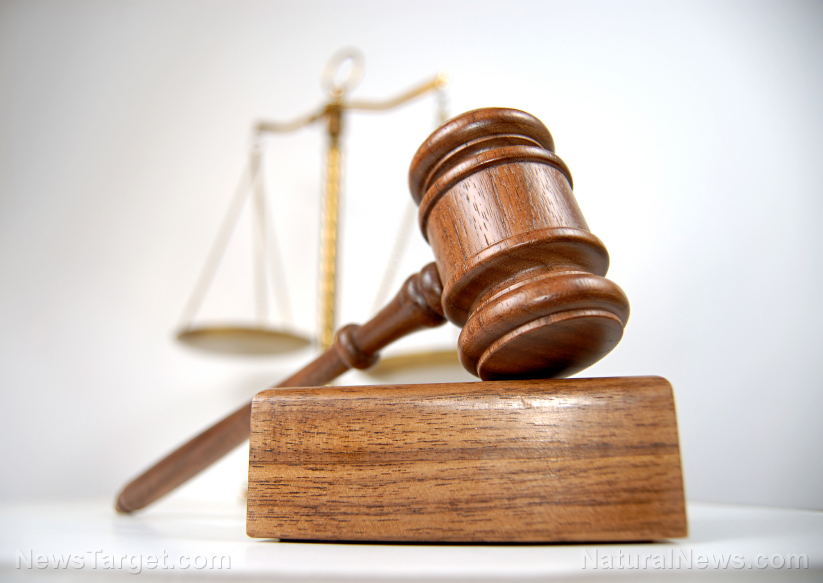
The U.S. Secret Service revealed that almost $100 billion worth of Wuhan coronavirus (COVID-19) relief funds had been stolen. It said that the amount was diverted from government programs meant to help Americans tide over the effects of the pandemic.
A Dec. 21 press release from the agency said the stolen funds were embezzled from benefit programs set up at both the federal and state level. These include unemployment insurance (UI), the Small Business Administration's (SBA) Paycheck Protection Program and others. The funds are part of the $3.5 trillion the federal government has allocated for COVID-19 assistance.
Fortunately, the Secret Service managed to seize more than $1.2 billion and return more than $2.3 billion of the embezzled funds. It has also arrested 100 individuals behind UI and SBA loan fraud. "The Secret Service continues to work closely with the Department of Labor, the SBA Office of the Inspector General and the Pandemic Response Accountability Committee on identifying and preventing these crimes," the press release added.
"The Secret Service currently has more than 900 active criminal investigations into fraud specific to pandemic-related relief funds," said the agency's National Pandemic Fraud Recovery Coordinator Roy Dotson. "That's a combination of pandemic benefits and all the other benefits programs too. Every state has been hit, some harder than others."
According to the press release, exploitation of pandemic-related relief is "an investigative priority" for the agency. Thus, Dotson said the Secret Service is "hitting the ground running" by "trying to recover everything [it] can – including funds stolen from both federal and state programs."
Aside from the Secret Service, which is under the Department of Homeland Security, the Department of Justice (DoJ) has also moved to combat benefits fraud. It outlined in a March 26, 2021 press release that it has publicly charged 474 fraudsters with criminal offenses. The charges involve more than $569 million pilfered from both the federal government and unsuspecting individuals.
According to the DoJ press release, the fraudulent schemes targeted UI programs and two SBA initiatives – the Paycheck Protection Program and the Economic Injury Disaster Loan Program. It added the the more than 470 cases filed "reflect a degree of reach, coordination and expertise that is critical for enforcement efforts against COVID-related fraud." (Related: Jobless claims fraud on the rise as coronavirus boosts unemployment.)
U.S. Attorney General Merrick Garland said in the March 2021 DoJ statement: "The impact of the department's work sends a clear and unmistakable message to those who would exploit a national emergency to steal taxpayer-funded resources from vulnerable individuals and small businesses."
Pandemic sees surge in cyberspace fraud
Dotson said the Secret Service saw a huge rise in electronic fraud during the COVID-19 pandemic. "Criminals will often ask potential victims to open an account and move money for them for some reason as part of a ruse. [The victims] are often asked to accept large sum deposits. As a result, people are becoming unwitting mules for stolen money," he said.
He told CNBC in an interview: "There's no doubt that the [COVID relief] programs were easily accessible online. With that came the opportunity for bad actors to get into that mix. It was necessary to try to get these funds out to people that were truly hurting, and no fault of anybody."
Dotson touched on the difficulties of fighting benefits fraud.
"The primary difficulty is the sheer scope of the amount of fraudulent loans or unemployment insurance benefits ever distributed. The number of individuals that receive those – whether they were a money mule or the actual recipient – is just enormous."
Another difficulty he faced was the extent of the bad actors involved in the scheme. Aside from transnational and domestic organized groups, there are also individuals who "decided to take advantage" of COVID-related financial assistance. These bad actors accounted for three percent of embezzled funds, Dotson said.
The Secret Service has established Cyber Fraud Task Force (CFTF) networks to address the criminal activity "through prevention, mitigation and investigation." According to the agency's Dec. 21 press release, these CFTFs are staffed with special agents and analysts in finance, crime and digital forensics. The CFTF networks have already prevented "billions [of dollars] in financial loss," it added.
Private sector also steps up to fight criminal activity
Meanwhile, a spokesperson for the Secret Service told CNBC that a substantial amount of pilfered funds were coursed through online payment systems such as Green Dot and PayPal. They added that the Secret Service managed to seize $400 million through collaboration with these firms. (Related: Bank of America flags "outrageous" unemployment fraud worth $2 billion.)
"After the Secret Service alerted the private sector early on about the emerging fraud, numerous financial institutions proactively identified, investigated and safeguarded against suspected fraudulent pandemic relief funds," the spokesperson elaborated.
A PayPal spokesperson said the company takes "every instance of potential fraud very seriously." The spokesperson added: "We proactively work with law enforcement agencies and industry partners, as well as use our own sophisticated systems, to detect fraud and keep our customers and their payments safe."
A spokesperson for Green Dot said the firm "does proactively bring fraud cases to the attention of the Secret Service, as well as other government agencies and industry peers." The company also partners with the Secret Service to "address, mitigate and resolve" such cases.
Watch Owen Shroyer of InfoWars talk about the embezzled COVID-19 relief funds.
The video above is from the InfoWars channel on Brighteon.com.
Pandemic.news has more about the loss of COVID-19 relief money through fraudulent means.
Sources include:
Please contact us for more information.















